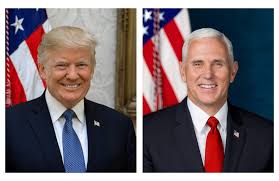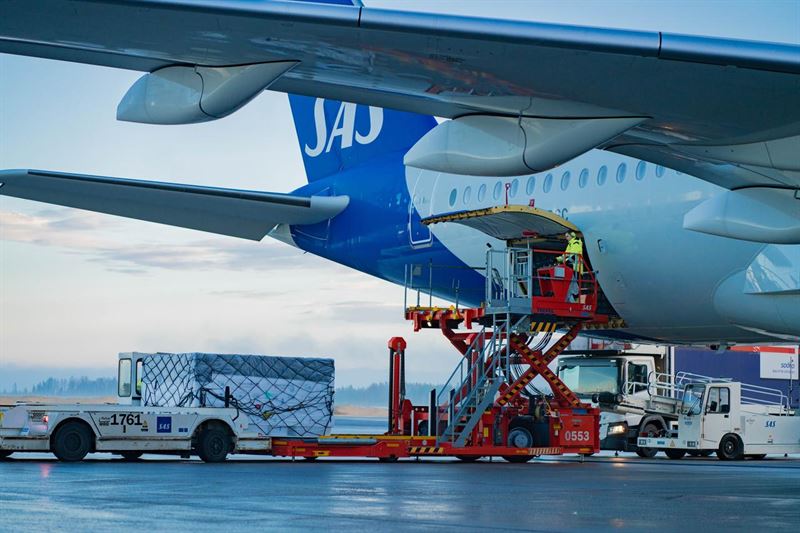
PHILADELPHIA — President Trump’s decision to build a wall along the length of the United States’ southern border with Mexico erupted into a diplomatic standoff on Thursday, leading to the cancellation of a White House visit by Mexico’s president and sharply rising tensions over who would pay for the wall. With the conflict escalating, Mr. Trump appeared to embrace a proposal by House Republicans that would impose a 20 percent tax on all imported goods. The White House press secretary, Sean Spicer, told reporters that the proceeds would be used to pay for the border wall, estimated to cost as much as $20 billion, writes New York Times..
But a furious uproar prompted Mr. Spicer to temper his earlier remarks, saying the plan was simply “one idea” that might work to finance the wall. Mr. Spicer said it was not the job of the White House to “roll something out” on tax policy, while Mr. Trump’s chief of staff, Reince Priebus, said the administration was considering “a buffet of options.” If Mr. Trump does eventually announce his support for the tax plan, it could have a broad impact on the American economy, and its consumers and workers, by sharply increasing the prices of imported goods or reducing profits for the companies that produce them. Other nations could retaliate, prompting a trade war that could hit consumers around the globe.
Passed on to customers
Retail businesses could see their tax bills surge, said David French of the National Retail Federation, who predicted that those costs would be passed on to consumers. He called the idea “very counter to the way consumers are feeling at the moment.”
If nothing else, the rapid-fire developments showed Mr. Trump that international diplomacy and a top-to-bottom overhaul of the tax code would not be as easy as an announcement before a campaign microphone. The events unfolded after Mr. Trump signed an executive order on Wednesday to strengthen the nation’s deportation force and start construction on a new wall along the border. Adding to Mexico’s perception of an insult was the timing of the order: It came on the first day of talks between top Mexican officials and their counterparts in Washington, and just days before a scheduled meeting between Mr. Trump and the Mexican president, Enrique Peña Nieto. The sense of chaos and confusion about the tax issue added to the fallout from Mr. Trump’s conflict with Mr. Peña Nieto, his first direct clash with a world leader since becoming president a week ago. The Mexican peso bounced sharply with each new development.
Responded on Twitter
Mr. Trump responded on Twitter, “If Mexico is unwilling to pay for the badly needed wall, then it would be better to cancel the upcoming meeting.” Within hours, that is just what happened. Blasting Mr. Trump for sowing division between the countries, Mr. Peña Nieto angrily backed out of the White House meeting, which had been scheduled for next week. In remarks at congressional Republicans’ retreat in Philadelphia, Mr. Trump portrayed the decision to cancel the meeting as his own and issued a stern warning to Mr. Peña Nieto about the consequences of refusing to cooperate with him on financing the wall.
Will Impose Border Tax
“Unless Mexico is going to treat the United States fairly, with respect, such a meeting would be fruitless, and I want to go a different route,” Mr. Trump said. “We have no choice.” In the same remarks, Mr. Trump alluded to the idea of a border tax, saying, “We’re working on a tax reform bill that will reduce our trade deficits, increase American exports, and will generate revenue from Mexico that will pay for the wall if we decide to go that route.” After the speech, in a brief, impromptu news conference as Mr. Trump flew back to Washington, Mr. Spicer told reporters that the president now favored the plan to impose a 20 percent border tax as part of a sweeping overhaul of corporate taxation, reported New York Times.



